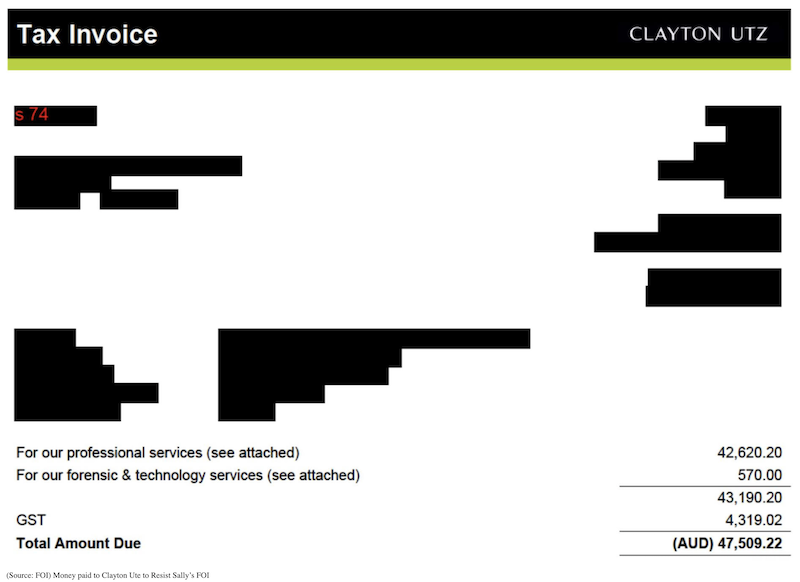Read RFA coverage of this story in Khmer.
As a Cambodian civil servant, Hay Vannith’s only apparent wrongdoing was being related to an ardent critic of Hun Sen.
But even that was enough to get him arrested at a busy border crossing last month as he attempted to flee into Thailand.
Three weeks later, the 28-year-old Ministry of Health official remains in detention at Prey Sar prison in Phnom Penh. He is one of nine still being held following a crackdown in August aimed at critics of a decades-old regional economic cooperation agreement with Laos and Vietnam.
Hay Vannith and the eight others are accused of plotting to overthrow the government and can expect to be prosecuted, Prime Minister Hun Manet – the son of long-time leader Hun Sen, who is now Senate president – said Thursday at a graduation ceremony for law students and trainees in Phnom Penh.
All told, Hun Manet announced that 66 people were arrested last month ahead of planned – but never carried out – protests against the Cambodia-Laos-Vietnam Triangle Development Area, or CLV. All but the nine were released.

But friends say Hay Vannith has not been involved in political activism – unlike his brother Hay Vanna, an opposition figure who lives in Japan.
“From what I have known and shared with him for almost a decade, he has nothing to do with politics, and has no political interest or rivalry against the current government,” said Chiva Sum, a former classmate of Hay Vannith’s at the Royal University of Phnom Penh.
“These allegations are falsified in a political manner,” he said.
‘Unlawfully detained’
A joint statement from Amnesty International and Human Rights Watch last week criticized the mass arrests, saying that activists and others were “unlawfully detained and charged for peacefully expressing their views.”
The 1999 CLV agreement was aimed at encouraging economic development and trade between Cambodia’s four northeastern provinces and neighboring provinces in Laos and Vietnam.
Debate over the deal has resurfaced over the last several months, with some activists expressing concerns that it could cause Cambodia to lose territory or control of its natural resources to Vietnam, mostly through the use of land concessions to private investors.
The prospect of losing sovereignty or land to Vietnam is a politically sensitive issue in Cambodia, with opposition politicians often using anti-Vietnamese rhetoric.
Overseas Cambodian activists organized protests on Aug. 11 against the CLV in South Korea, Japan, Canada and Australia. One of them was Hay Vanna.
Hay Vannith and other relatives of Hay Vanna had been worried about their safety since July 23, when Senate President Hun Sen gave an angry speech on state-run television that specifically threatened the activist’s family.

“This person by the name of Hay Vanna, who lives in Japan, commented on the so-called ceasing of the four Cambodian provinces to others,” Hun Sen said.
“But you shouldn’t be confused – you have family members here in Cambodia,” he said. “And they who are living here, must not be arrogant. After hearing his message … you must stop, or else.”
Tense political environment
Hay Vannith was born in Kampong Cham province, the fourth child in a well-to-do family.
After earning his bachelor’s degree in biological engineering, he studied at Kansas State University in the United States on a Fulbright scholarship.
He earned a master’s degree in food science in 2023, and returned to Cambodia to work at the Ministry of Health’s National Institutes of Public Health.
At first, Hay Vannith didn’t consider leaving Cambodia in response to Hun Sen’s threats, according to Chiva Sum, who lives in Japan. He was focused on his work at the ministry, engrossed in his pursuit of scientific knowledge and wanted to continue preparing for a return to the United States for doctoral studies.
Also, he believed he would be overlooked by authorities amid the tense political environment due to his lack of interest and involvement in national affairs, his longtime friend said.
RELATED STORIES
Cambodian political activist’s brother arrested at Thai border crossing
Cambodia arrests 30 amid warnings over anti-CLV demonstrations
Hun Sen warns of more arrests related to Vietnam-Laos cooperation deal
But by mid-August, a heavy police and military presence could be seen in every major city and along highways, where authorities set up checkpoints and began making arrests in an effort to prevent the protests, which had been planned for Aug. 18 throughout Cambodia.
Other family members successfully made it out of Cambodia on Aug. 5, according to Hay Vanna.
Eleven days later, Hay Vannith was arrested at the Poipet border crossing in northwestern Cambodia. Authorities didn’t confirm his whereabouts for four more days. A day later, on Aug. 21, a recorded confession was posted on the government spokesperson’s Facebook page.
In the audio clip, Hay Vannith said that his brother instructed him “to carry out a plan to mobilize the people with an intent to overthrow the government and absolutely oppose the CLV through the means of sharing on Facebook and Telegram.”
Authorities have also distributed a typed confession signed with Hay Vannith’s thumbprint.
Legal observer Son Chumchoun told Radio Free Asia that prosecutors will have to show other evidence that supports the confession. Coerced statements go against the principle of the rule of law – even if the accused has signed with a thumbprint, he said.
Unlike other previous cases, where detainees in political cases were released after they acknowledged their wrongdoing, the authorities haven’t released Hay Vannith, Son Chumchoun said.
RFA hasn’t been able to reach the Ministry of Health for comment on the arrest.
Translated by Sum Sok Ry. Edited by Matt Reed and Malcolm Foster.
This content originally appeared on Radio Free Asia and was authored by By RFA Khmer.
This post was originally published on Radio Free.
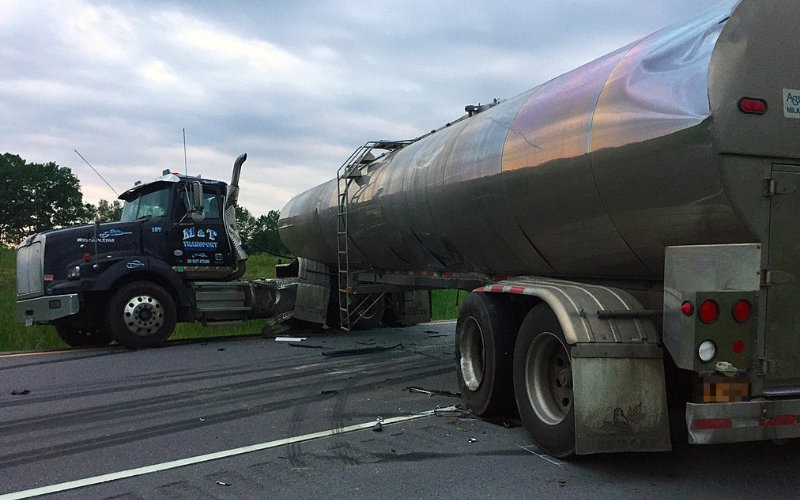


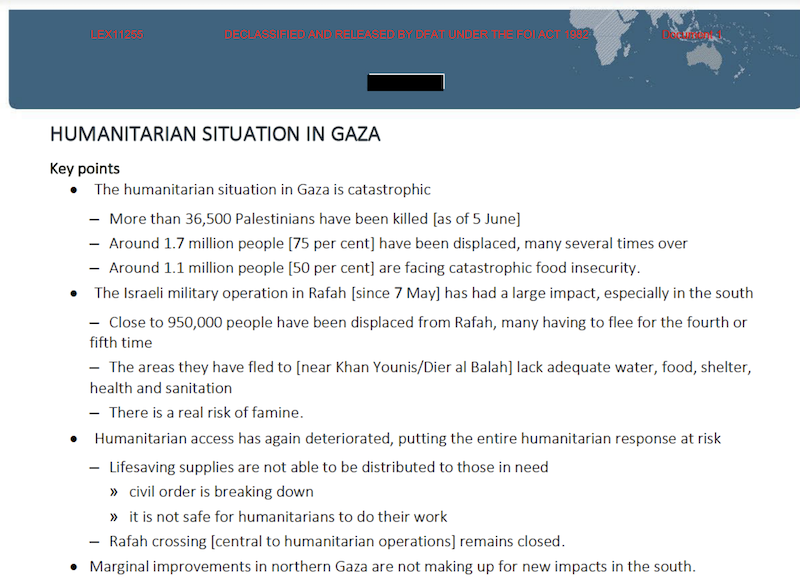


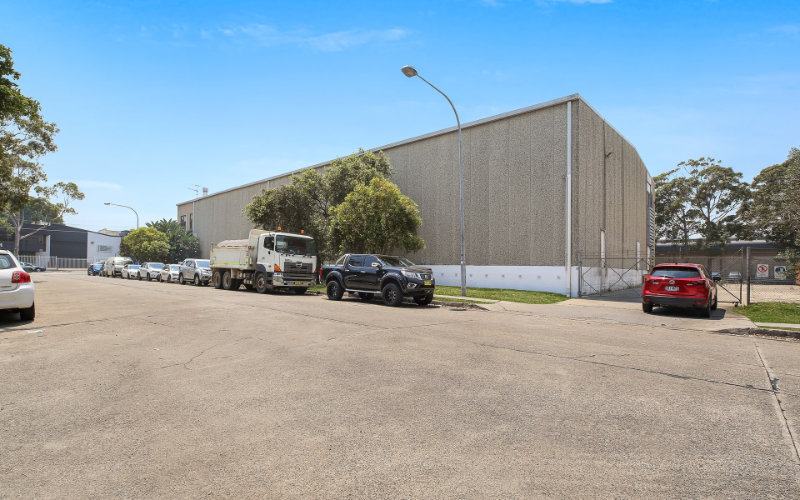


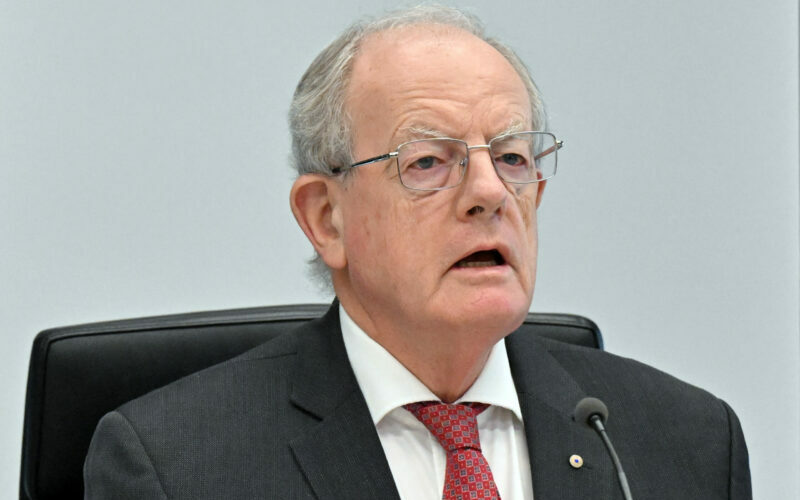









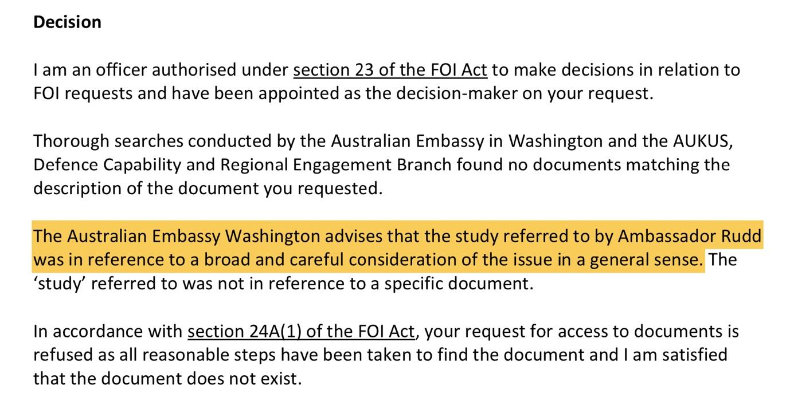

![Operation-Islington-recs[1]](https://michaelwest.com.au/wp-content/uploads/2024/07/Operation-Islington-recs1.jpg)

